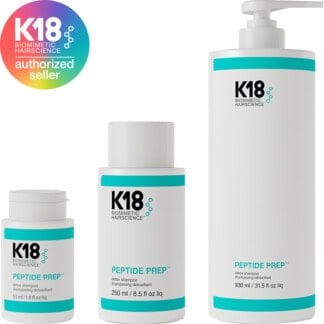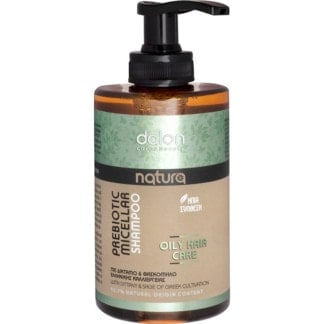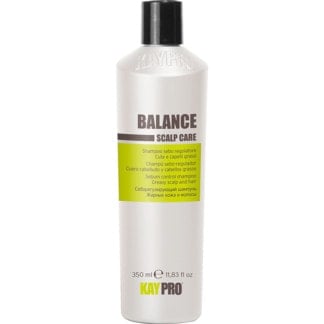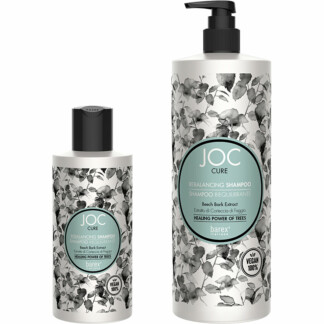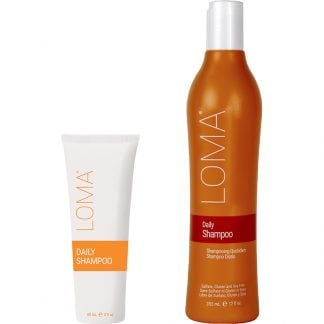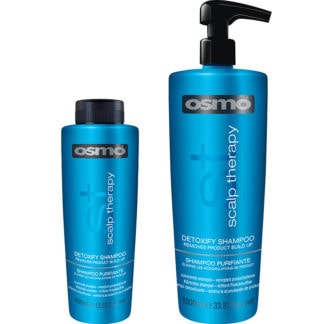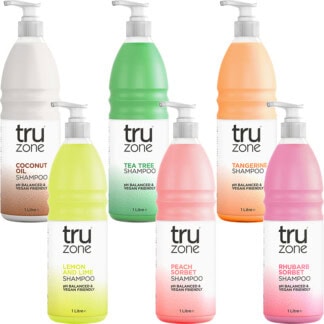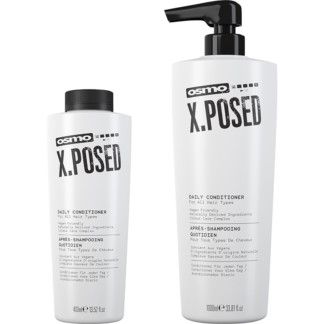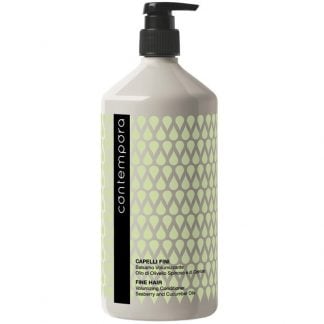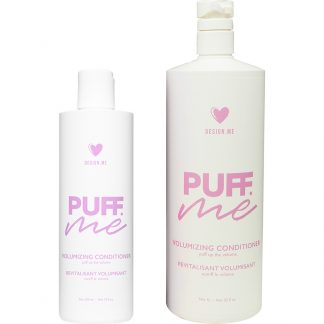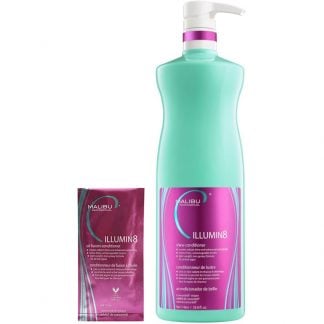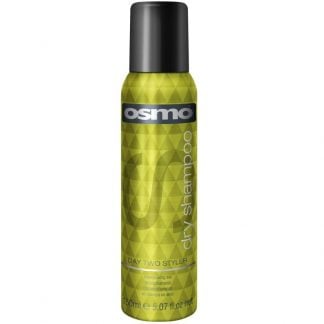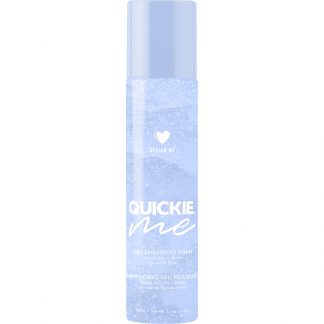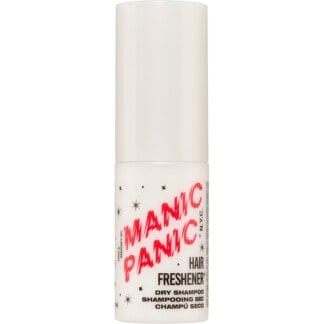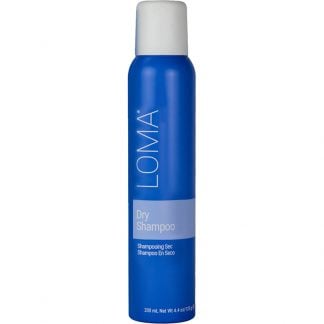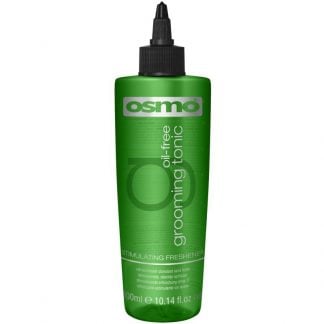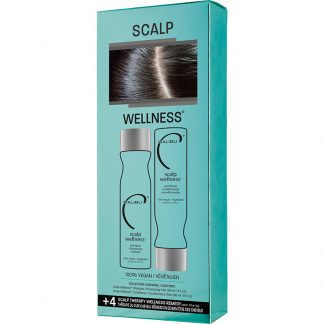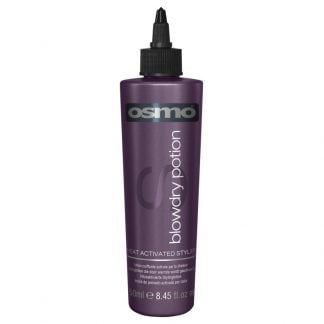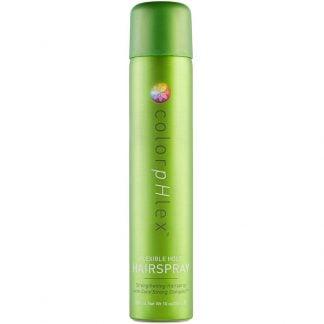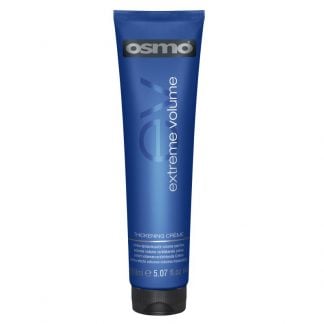Is oily hair affecting your social life?
Oily hair is the result of overactive sebaceous glands. Sebum, produced on the scalp, invades the hair follicles and coats the shafts from root to tip, leaving your hair looking greasy and lifeless.
When the oil levels are up, dirt, residue and product build-up become trapped in the locks. This adds to an already exasperating problem, but it’s not time for a hoodie yet.
How to treat oily hair
Oily hair requires gentle, specialised care of the hair and scalp.
The best oily hair products are lightweight. Formulations contain active ingredients that break down and remove excess sebum, refresh the scalp and eliminate dead skin cells.
For more information on what causes oily hair, how to mitigate the effects of excessive sebum production, and what day-to-day haircare routine is best for your hair, refer to our oily hair FAQ below.
Best shampoo for oily hair
Shampoo targeting oily build-up, and containing ingredients and botanicals with clarifying and astringent qualities, eliminates sebum without drying or damaging hair. It also helps to regulate oil production, and nourish and hydrate the scalp.
Best conditioner for oily hair
A mild conditioner that adds volume and texture to hair is the ideal pick-me-up for lank, greasy strands. Products formulated for oil control protect, revive and moisturise without weighing down hair.
Best dry shampoos for oily hair
Dry shampoo is an effective solution for in between washes. It absorbs oil and grease but can cause build-up and dry out the roots when used as a substitute for regular shampoo.
Best treatments for oily hair
Oil-free scalp tonics tackle oily hair at its source. Treatments are formulated to strengthen, stimulate, nourish and soothe dry and irritated scalps – the root cause of high sebum production.
Heat protection for oily hair
The best heat protection products for oily hair enhance volume and lift, while reducing breakage and damage.
Oily hair FAQ



